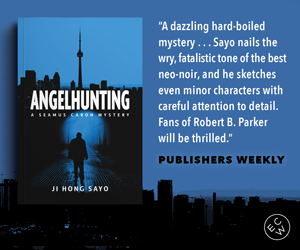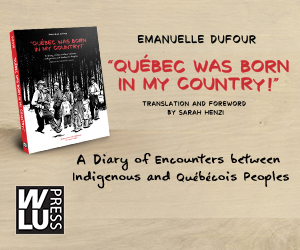Writer at Work: “Identity is a pain in the arse” (On Zadie Smith)
By Shazia Hafiz Ramji
Last month, Zadie Smith said: "identity is a pain in the arse." She said this at a festival in the context of a discussion about identity politics and her (white) partner, Nick Laird. Here's a snippet from the Guardian:
"She conceded that the assertion of a collective identity was sometimes necessary “to demand rights”, but cited the dismay of her husband – the poet and novelist Nick Laird – at finding himself increasingly categorised. “He turned to me and said: ‘I used to be myself and I’m now white guy, white guy.’ I said: ‘Finally, you understand.’ But the lesson of that is that identity is a huge pain in the arse. The strange thing to me is the assumption [of white people] that their identity is the right to freedom."
When I read the headline, I was relieved. I don’t like talking about identity politics either. I don’t like speaking about my sexuality, the colour of my skin, or where I’m “from” to identify myself in any context. I don’t like making my “identity” my “brand.” Since I was young, I wanted my identity to be based on the things I did and what I felt and thought, and what I read and listened to, not what I looked like or where I was from, or which genders and how many people at a time I preferred to love.
Of course, it’s not that simple. It never was. I code-switched every day of my life and I still do. When I was younger, I didn’t want anyone to know my family was poor. Depending on the kinds of people I met, I would make sure no one knew about how much money we didn’t have or how much we hid the fact that we didn’t have that money. Later, I understood that regardless of what I did, and regardless of the awesomeness of my thoughts and feelings, and regardless of my good intentions, I would not have what other kids had, not just in terms of stuff and money, but in terms of how people saw me... And I haven't even begun to talk about my race, where I'm "from," or my six hyphens yet, and I'm not going to.
Back to the quote, Zadie is saying that the lesson of that i.e. of being increasingly categorized, is that "identity is a pain in the arse." I agree with Zadie. And I agree with Zadie again when she says that writers should be free. As writers, it is our job to think deeply, to dare to go in that messed-up place that shapeshifts with nuance and beauty. And yet, a few days after reading that piece, I changed my mind — not about “identity being a pain in the arse,” but about what it means to say that. It crept up on me: in order for someone like me to say what Zadie says openly, I need to have what she has: money, stability, many books. She’s Zadie Smith. She can afford to say identity is a pain in the ass because she’s untouchable. I, on the other hand, have to battle it out every day, even if I think it’s a pain. This is what a battle sounds like in my head: Does a publisher want to sign me just because I’m brown? Why is there so much pressure on brown people (and visibly racialized people in general) to have happy stories in relation to how Canada has helped them? What if “Canada” actually saved my life, though? Do I have to write under a fake white-sounding name or a white name for my work to be read in the same way that books by white people are read?
Your CanLit News
Subscribe to Open Book’s newsletter to get local book events, literary content, writing tips, and more in your inbox
I’m not here to give easy answers; I’m a poet and a writer. All I want to say is that it’s possible to agree with Zadie Smith, but it’s not possible to speak like her, not unless you have what she has: money, power, a steady career. The rest of us have a responsibility to recognize the limits of what we can and can’t say because we don't have the kind of privilege it takes to neglect identity politics, even if we don't like talking about it.
The views expressed in the Writer-in-Residence blogs are those held by the authors and do not necessarily reflect the views of Open Book.
Shazia Hafiz Ramji’s fiction was shortlisted for the Malahat Review’s 2022 Open Season Awards. Her poetry was shortlisted for the 2021 National Magazine Awards and the 2021 Mitchell Prize for Faith and Poetry. Shazia’s award-winning first book is Port of Being. She lives in Vancouver and Calgary, where she is at work on a novel.


